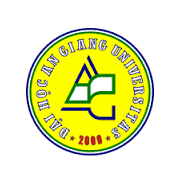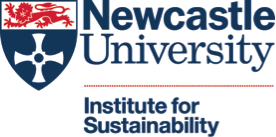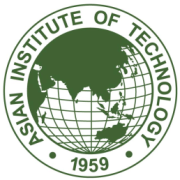Outputs
Stakeholder Competency Group: The project team worked with partners in local communities, NGOs, local government and central government to identify the critical issues and needs for flood risk management governance in the case study sites and to engage iteratively with key people and organisations as partners throughout the entire project cycle.
Household surveys, focus group discussions, interviews, and participatory mapping: Developed a participatory methodology and in particular emphasised the interdisciplinary focus of the project. In this approach the project team worked with communities for co-evolution of knowledge to understand different flood processes and how floods are locally perceived, and which differences exist in perception and resilience between different community members.
Indicator-based framework: To measure and monitor the resilience of at risk communities (report in preparation). Interviewd focus groups, including farmers, commune staff and villagers to understand capacity to recover, self-organise and transform.
Earth Observation: Developed a high resolution DEM (5m) for use in the hydraulic modelling of the delta. Used satellite data from Gravity Recovery and Climate Experiment to understand inter annual variability in the hydrological cycle of the Mekong basin.
Hydraulic modelling: Conducted inundation modelling of a study area in An Giang using the hydrodynamic model HiPIMS. Haazard maps for surface water flooding following extreme rainfall events have been prepared.
Citizen Science: Inexpensive rain gauges have been installed in community locations to provide real-time monitoring to support hydraulic modelling.
Dissemination
Vietnam: The team held 2 engagement workshops including with researchers in universities across the Mekong delta (Cantho, and others), staff in local government, and flood management institutions in the central government including in Vietnam the Disaster Management Centre under the Ministry of Environment and Natural Resources.
This enabled scientist-lay knowledge exchanges about hazard risk. It also ensured that the project directly engaged with personnel and institutions directly involved in policy development and implementation.
Bangladesh: The project team engaged with key stakeholders, NGOs, water-sector implementing agencies and local communities in the southwestern coastal delta in Bangladesh to understand risk perceptions and long-term consequences of engineering interventions to mitigate water-logging problems.
Papers and Presentations
REMATCH team (2017). Spotlight on South East Asia. Newcastle University.
Hensengerth, O. (2017). Multi-source flooding in the Mekong delta, Vietnam: between top-down policies and bottom-up responses, University of Nottingham, Ningbo, China
Hensengerth, O' and Button, C. (2017). Indigenous knowledge, resilience and flooding in the Mekong Delta, Risks to life, heritage, and community on the Yangtze River, Newcastle Univerity







